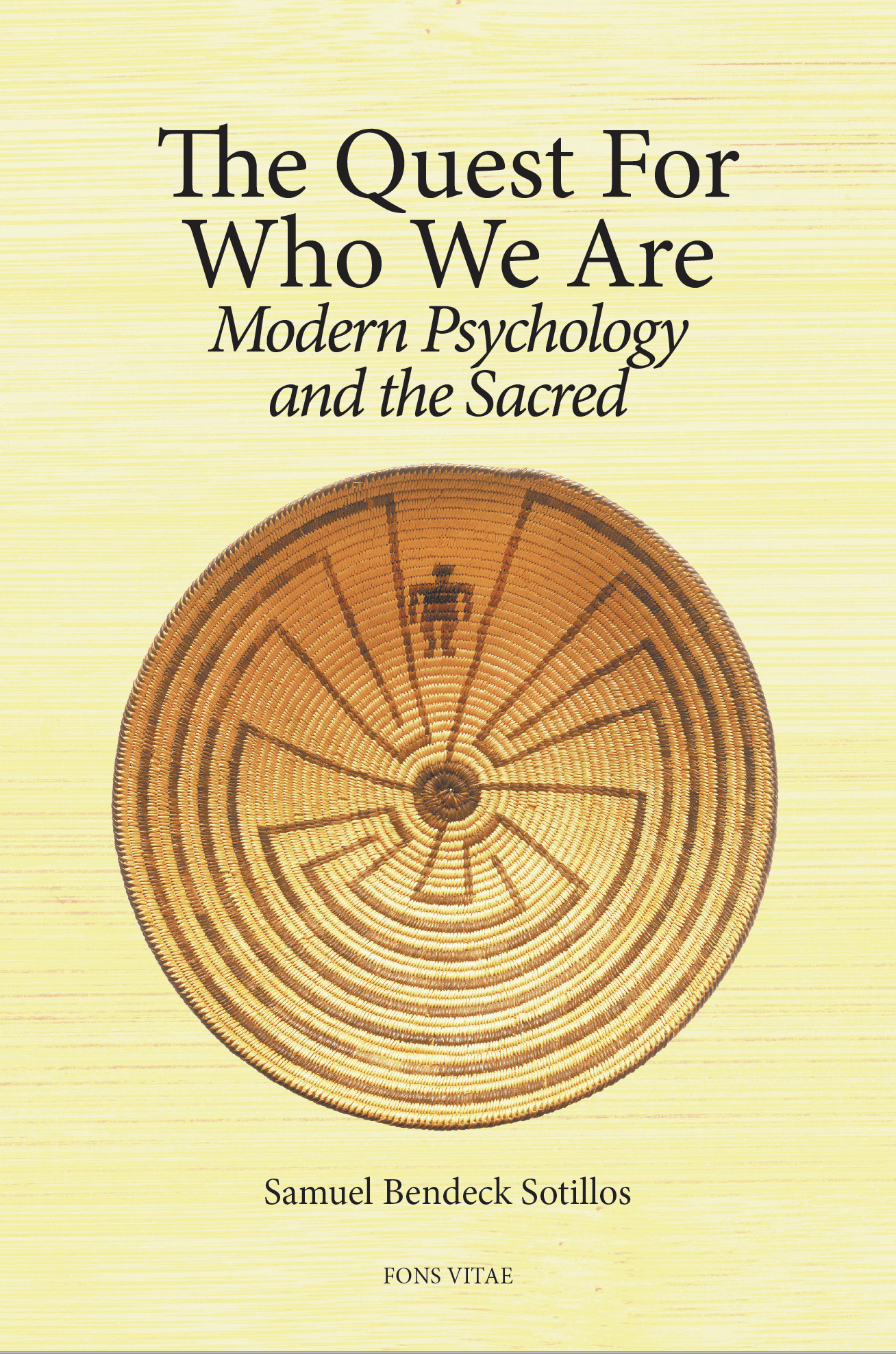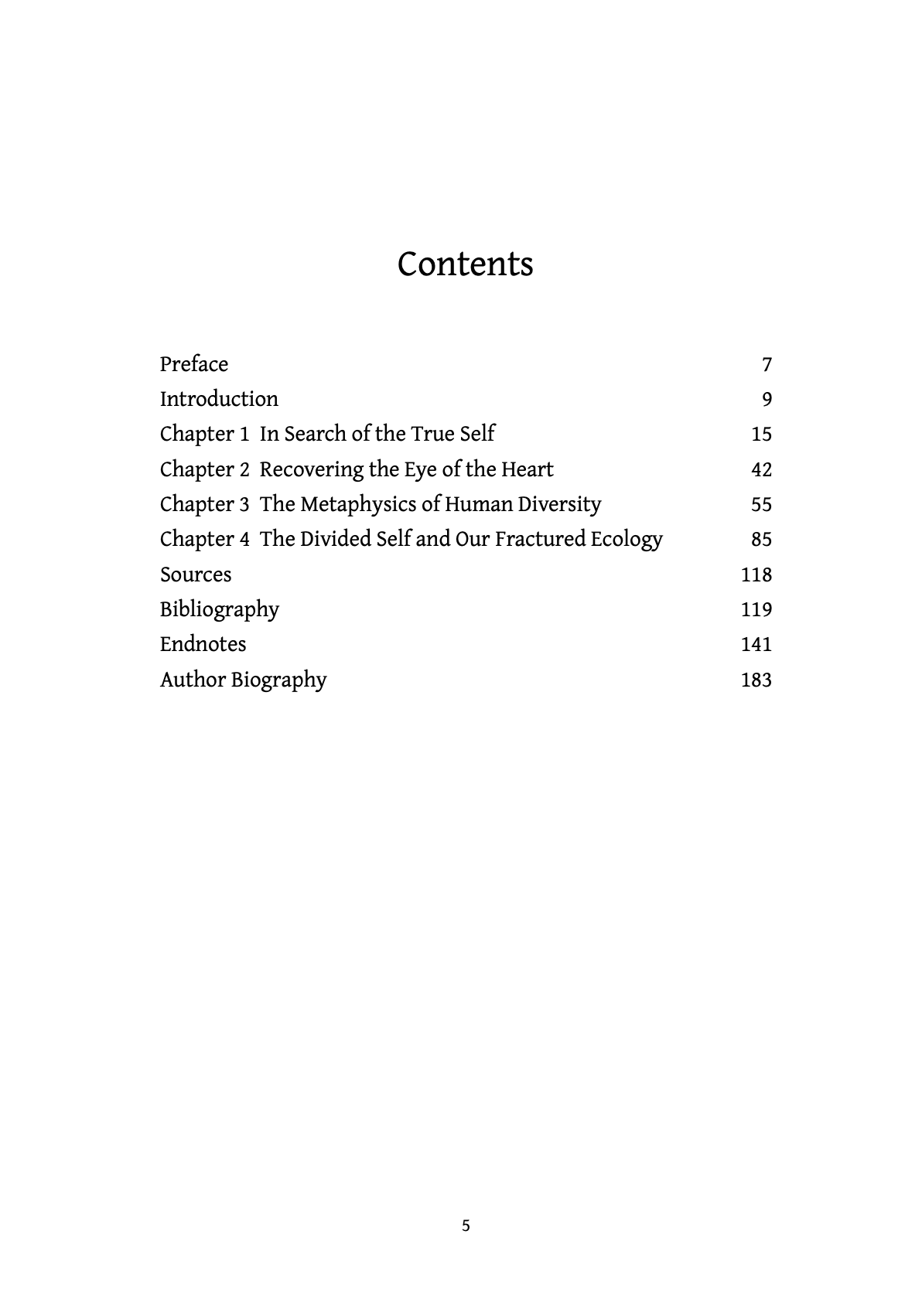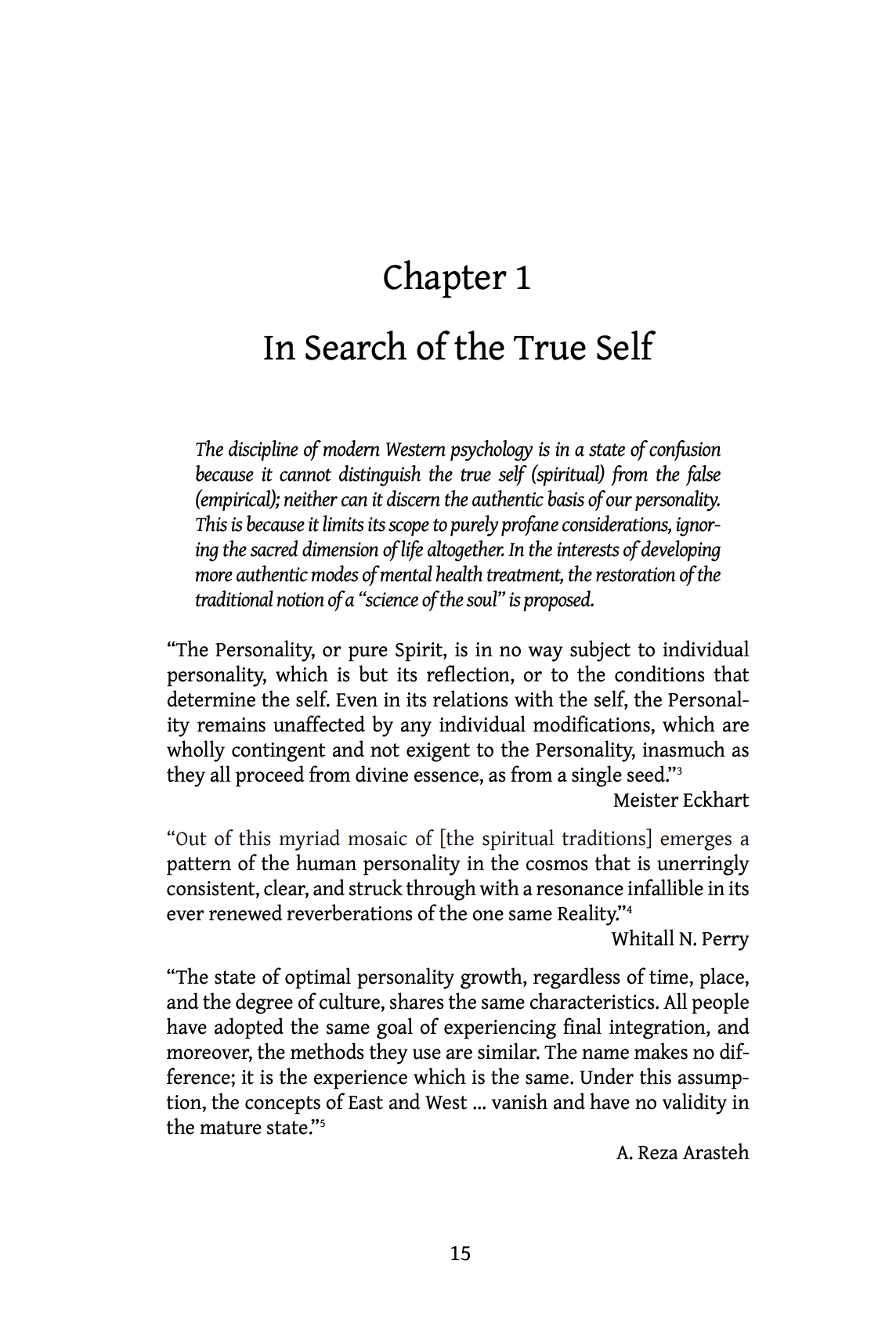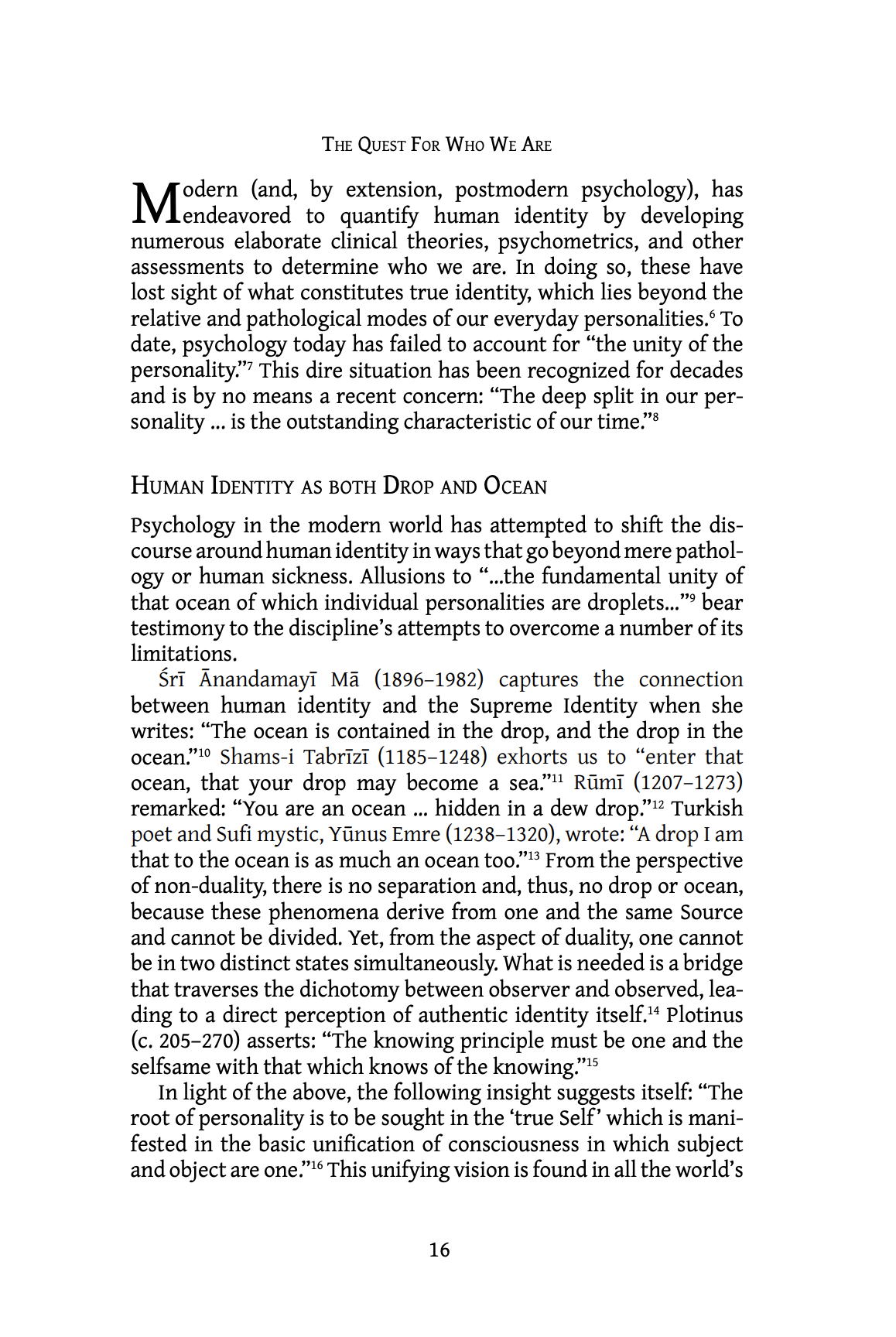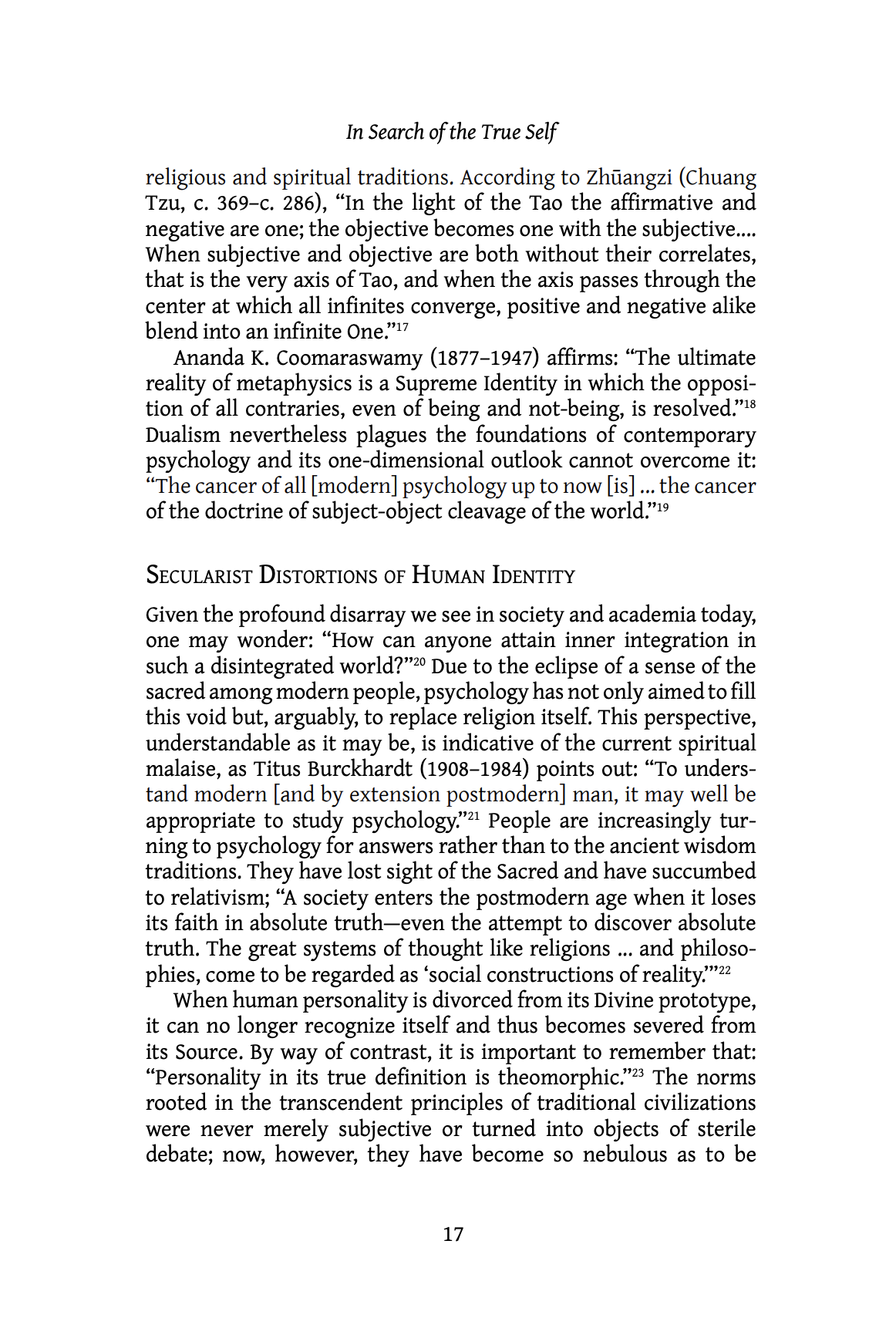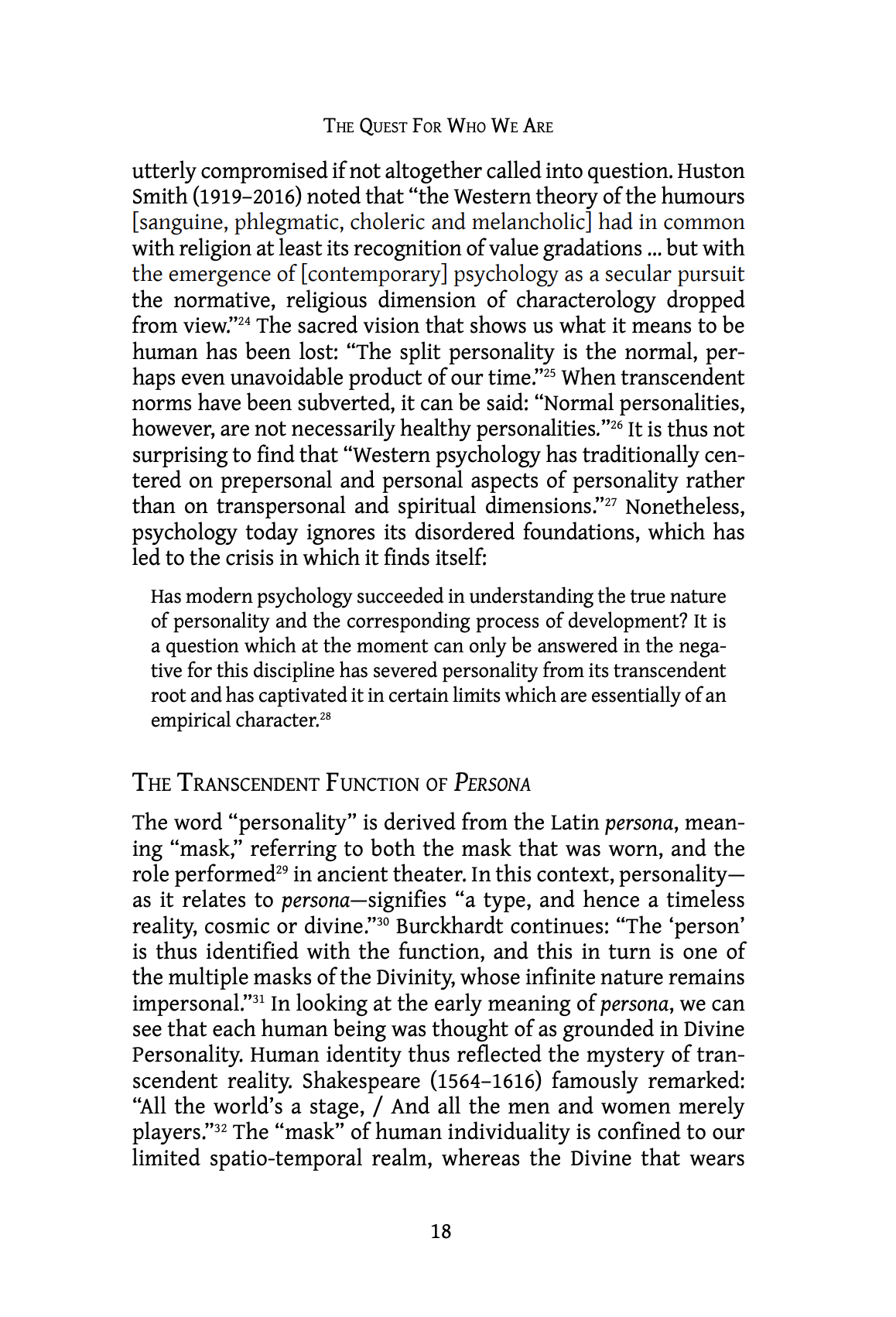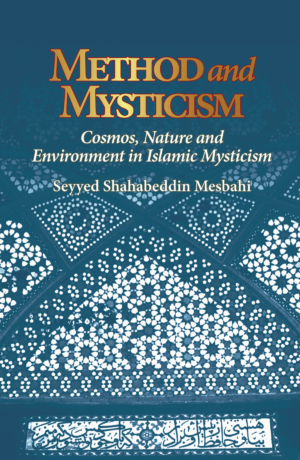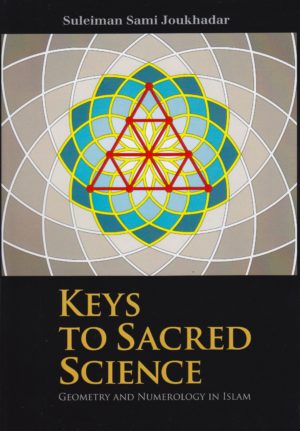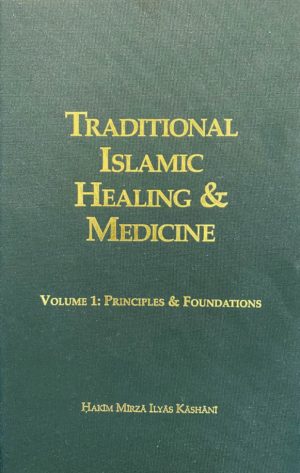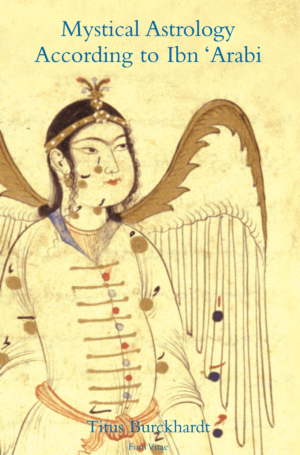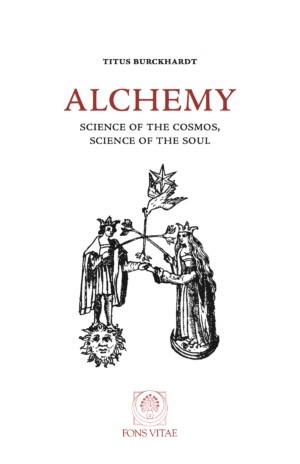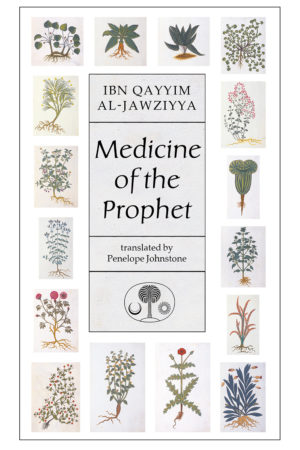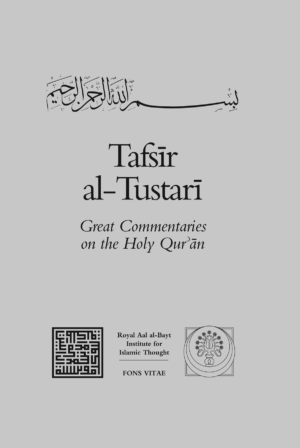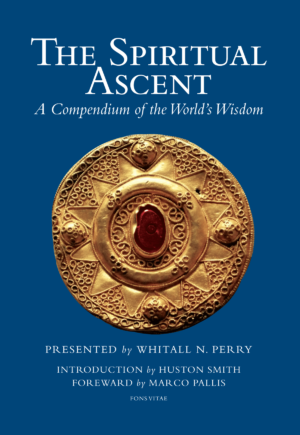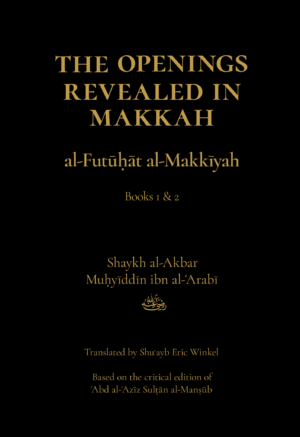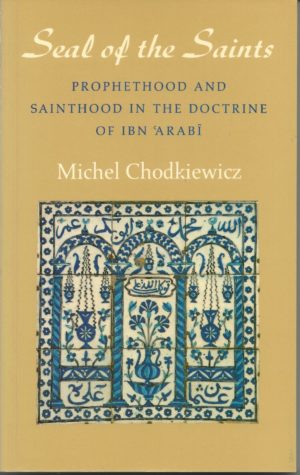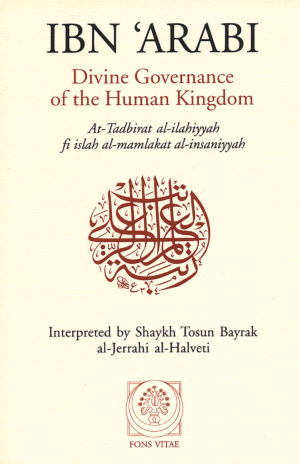“The state of optimal personality growth, regardless of time, place, and the degree of culture, shares the same characteristics. All people have adopted the same goal of experiencing final integration, and moreover, the methods they use are similar. The name makes no difference; it is the experience which is the same. Under this assumption, the concepts of East and West … vanish and have no validity in the mature state.” – A. Reza Arasteh
—
This book comprises four chapters as follows:
Chapter 1: In Search of the True Self addresses the confusion found in modern Western psychology today, and its failure to discern that we have a fundamental identity that is grounded in the transcendent. Mental health treatment these days fails to differentiate our ‘true self’ from an empirical ego or personality that has been severed from its spiritual roots. In the absence of a sacred orientation, how can the modern discipline provide enduring therapies and effective healing?
Chapter 2: Recovering the Eye of the Heart explores the necessity of restoring an innate spiritual faculty in us that is capable of a true apprehension of reality in all its depth—a compelling metaphysical vision that rejects the pernicious Cartesian bifurcation, which modern Western psychology has, in large part, adopted unwittingly. Due to the eclipse of this transpersonal way of knowing reality, we struggle to get to the heart of what mental health is, let alone diagnose or successfully treat maladies of the spirit.
Chapter 3: The Metaphysics of Human Diversity argues that modern Western psychology has adopted a ‘horizontal’ understanding of “self” and “other”; in other words, that it is devoid of a ‘vertical’ or transcendent dimension, without which the True Self will continue to elude the crippled methodology of contemporary psycho therapies.
Chapter 4: The Divided Self and Our Fractured Ecology delves into the precarious situation that prevails on this planet. It points out modern Western psychology’s inability to properly address the ecological crisis because of its desacralized and reductionistic outlook, which has severed our intimate connection to life in all of its rich panoply (corporeal, psychic, and spiritual). By turning to a “science of the soul” — found in each of the world’s great wisdom traditions — we can restore the sacred dimension that is critical to a healthy equilibrium between the self and its environment.
—
Introduction (excerpt)
“Today, a serious crisis confronts the discipline of psychology and the field of mental health in general. This is being felt more widely than ever before, yet most people either misunderstand the problem or do not recognize it at all. Although increased funding and better legislation would assist many people, especially struggling communities, these alone will not help resolve the underlying impasse—nor will recruiting more professionals (to address the problem of staff shortages and retention), improving enforcement of evidence-based practices, or providing more training in cultural competency. This book endeavors to disclose what lies at the heart of this dilemma.
Since its inception, modern Western psychology has gradually cut itself off from its metaphysical roots. This is evidenced, in part, by a shift from adopting words such as soul or psyche to an almost exclusive use of mind. This process of severing the human soul from the spiritual dimension, in large part, is due to the emergence of the modern world and its secularizing outlook. The concept of psychology is roughly 500 years old, yet, as a subject of study and practice, it is much older than the word itself, which can readily be seen when we consider the worldview of ancient peoples.”
Contents
Preface 7
Introduction 9
Chapter 1 In Search of the True Self 15
Chapter 2 Recovering the Eye of the Heart 42
Chapter 3 The Metaphysics of Human Diversity 55
Chapter 4 The Divided Self and Our Fractured Ecology 85
Sources 118
Bibliography 119
Endnotes 141
Author Biography 183
Author Biography:
Samuel Bendeck Sotillos, PsyD, LMFT, LPCC, CCMHC, NCC, CPRP, CCTP, MHRS, is a practicing psychotherapist who has worked for many years in the field of mental health and social services. His focus is on comparative religion and the intersection between culture, spirituality, and psychology. His works include Paths That Lead to the Same Summit: An Annotated Guide to World Spirituality (2020), Dismantling Freud: Fake Therapy and the Psychoanalytic Worldview (2020), and Behaviorism: The Quandary of a Psychology without a Soul (2017). His articles have appeared in numerous journals and periodicals. He lives on the Central Coast of California.
Man in the Maze (cover image):
“To the Papago [Tohono Oʼodham] the man at the top of the basket symbolizes birth—of the individual, of the family, of the tribe. As the figure goes through the maze he encounters many turns, many changes. Many of the elderly Papago often talk of a turn in their life and liken it to a turn in the maze. Progressing deeper and deeper into the pattern, one acquires more knowledge, strength, and understanding. As the figure nears the end of the maze he sees his death approaching: the dark center of the pattern. It is here that he repents, cleanses himself, and reflects back on all the wisdom he has gained. Finally pure and in harmony with the world, he accepts death.” (Terry DeWald, The Papago Indians and Their Basketry [Tucson, AZ, 1979)], p. 4.)
The National Museum of the American Indian has granted permission to the publisher to utilize the basket tray image of the “Man in the Maze” (catalog number: 11/415) for the cover of this book.
Who am I? — and What is Personality? (Excerpt from Chapter 1 ‘In Search of the True Self’)
It has been widely recognized that “The concept of personality is central in Western psychology.”35 Furthermore, we are informed that “In the West it was Freud who began the systematic study of personality.”36 Nonetheless, after more than a hundred years following the inception of this discipline, psychology is still wrestling with the question: “What is personality?” Consequently, it is widely recognized that: “There is no agreement among contemporary psychologists on a definition of the term ‘personality.’”37 In addition, “Modern theorists of personality seem to differ radically from one another in their assessment of the importance of the identity issue.”
Psychology in the modern world aims to study what is beyond its ontological and epistemological competence, thus trespassing into the domain of metaphysics. Since it cannot verify either the existence of a spiritual domain or the reality of the human psyche, it has been called “a psychology without a soul”—a puzzling assessment given that the soul, traditionally, was the raison d’être for psychology’s very existence. C.G. Jung (1875–1961) writes:
It was universally believed in the Middle Ages as well as in the GræcoRoman world that the soul is a substance. Indeed, mankind as a whole has held this belief from its earliest beginnings, and it was left for the second half of the nineteenth century to develop a “psychology without a soul.” Under the influence of scientific materialism, everything that could not be seen with the eyes or touched with the hands was held in doubt; such things were even laughed at because of their supposed affinity with metaphysics. Nothing was considered “scientific” or admitted to be true unless it could be perceived by the senses or traced back to physical causes.
A number of contemporary authorities have openly discussed the impasse reached by today’s therapeutic orientations: “There is a tie that can unite all of us: the frank acknowledgment that we know very little.” And again: “We know so little of the earliest and deepest strata of the human mind.” Because it attempts to operate beyond its proper bounds, psychology takes on an impossible task and is ill-equipped to comprehend personality in its fullness or, for that matter, any dimension of the human psyche. Rollo May (1909–1994) notes:
The chief characteristic of the last half of the nineteenth century was the breaking up of personality into fragments. These fragments … were symptoms of the … psychological and spiritual disintegration occurring in the culture and in the individual. One can see this splitting up of the individual personality not only in the psychology and the science of the period but in almost every aspect of late nineteenth-century culture.
When viewed through the lens of its materialistic reductionism, psychology dehumanizes people: “Psychology comes in with the bulk of its theories, its prevailing views of human personality, its images of man, obviously in league with the objectives of the nihilist Satanic spirit. Man is a computer, an animal, or an infant. His destiny is completely determined by genes, instincts, accidents, early conditionings and reinforcements, cultural and social forces.”
